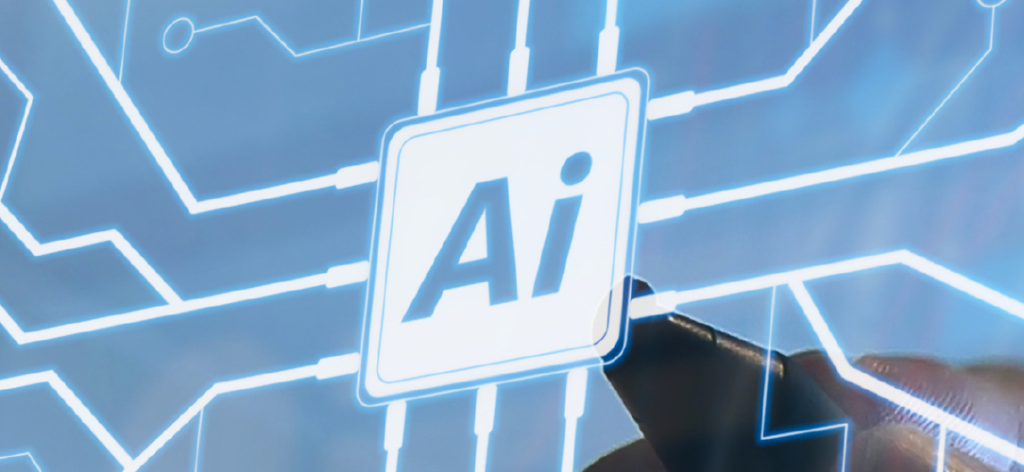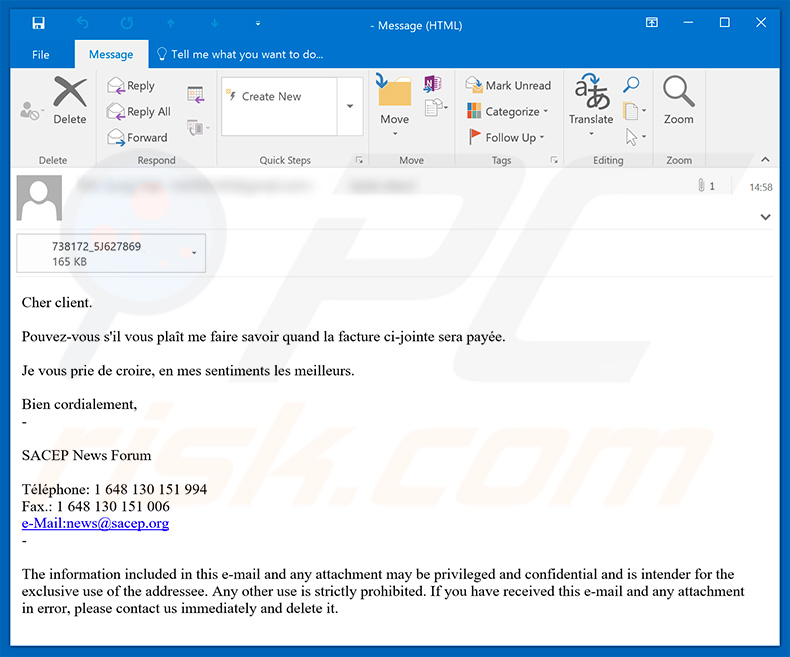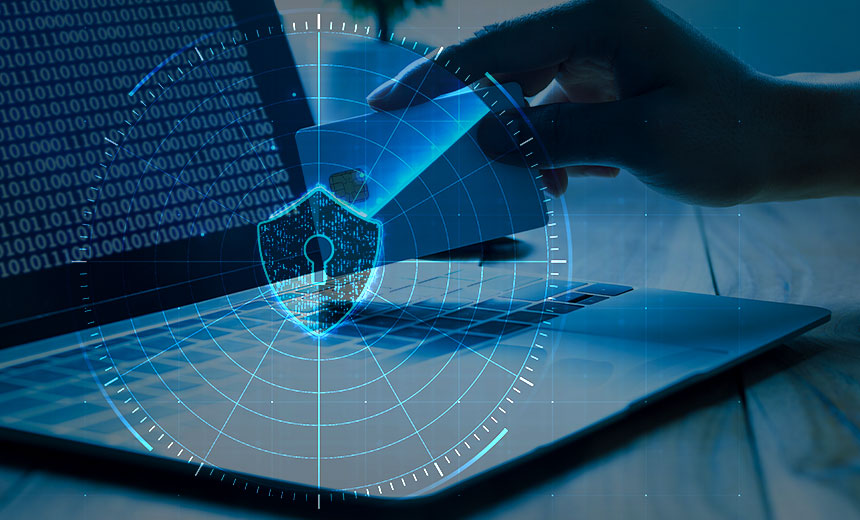Speaking at the ConnectGov Leaders Summit 2020, Darren Argyle, Standard Chartered’s group chief information security risk officer, said “seamless security” was being built into new banking platforms and digital banking services in a security-by-design approach.
Besides offering traditional banking services, the bank operates digital-only banks in Africa, and more recently in Hong Kong.
To secure these services, it uses secure application programming interfaces to facilitate dynamic exchange of transactions within financial systems, as well as verification and authentication mechanisms.
“Digital transformation and having the confidence of our customers goes hand in hand,” said Argyle. “We’re continuing to maintain that sustainable trust over the longer term.”
Like other large organisations, Standard Chartered has had its share of cyber attacks, including phishing threats which have grown by 31% since the start of the year. The bank is also concerned about the rising number of ransomware attacks on third-party suppliers across the industry.
Argyle said he hoped third-party suppliers would get a handle on their security posture, “given the difficulties that a lot of companies are having with remote working, which is stretching people quite thinly”.



























